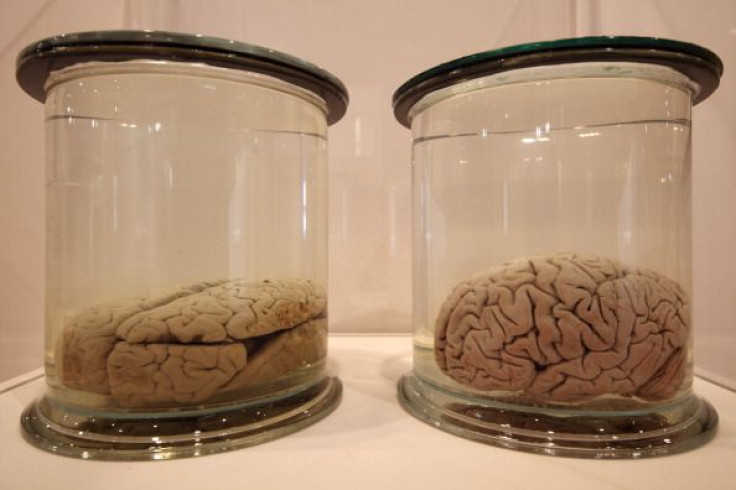Epilepsy Treatment Update: Fats In The Human Brain Could Suppress Seizures, Study Finds

A new study has found that increasing the concentration of specific fats in the brain could suppress epileptic seizures, according to Medical Xpress.
To reach these findings, scientists used information from earlier research involving fruit flies, which found that a protein known as 'Skywalker' plays a crucial role in maintaining communication between brain cells. In the new study, researchers worked with an almost identical protein in the mind called TBC1D24. Overall, the study shows that increasing specific brain fats at the synapses of patients with a TBC1D24 mutation could be one way to stop epileptic seizures in their tracks, Medical Xpress reported.
"... although our work focuses on people with TBC1D24 mutations, we think that our findings could be relevant to various forms of epilepsy,” said Professor Patrik Verstreken, who specializes in brain research about synapses, reported Medical Xpress.
Epilepsy is the neurological condition of recurring seizures, and a person is typically diagnosed after experiencing two or more episodes, according to the Centers for Disease Control and Prevention. It currently affects about 2.9 million people in the United States and is typically treated with medicine and surgery.
So, how close are we to finding an accessible new treatment for epilepsy? According to researchers, more work still needs to be done.
"Our two research groups will now continue to collaborate in order to seek out strategies for increasing the concentration of specific fats in the brain to prevent epileptic seizures. This research stems from cross-pollination between structural biology, biochemistry and genetics, so we will certainly continue down this interdisciplinary route,” Professor Wim Versées said, Medical Xpress reported.
Source: Versées W, Verstreken P. Skywalker-TBC1D24 Has A Lipid-Binding Pocket Mutated In Epilepsy And Required For Synaptic Function. Nature Structural & Molecular Biology. 2016.
Read more:
Once-Daily Epilepsy Medication Shows Promise In Stopping Partial Seizures Within A Year



























